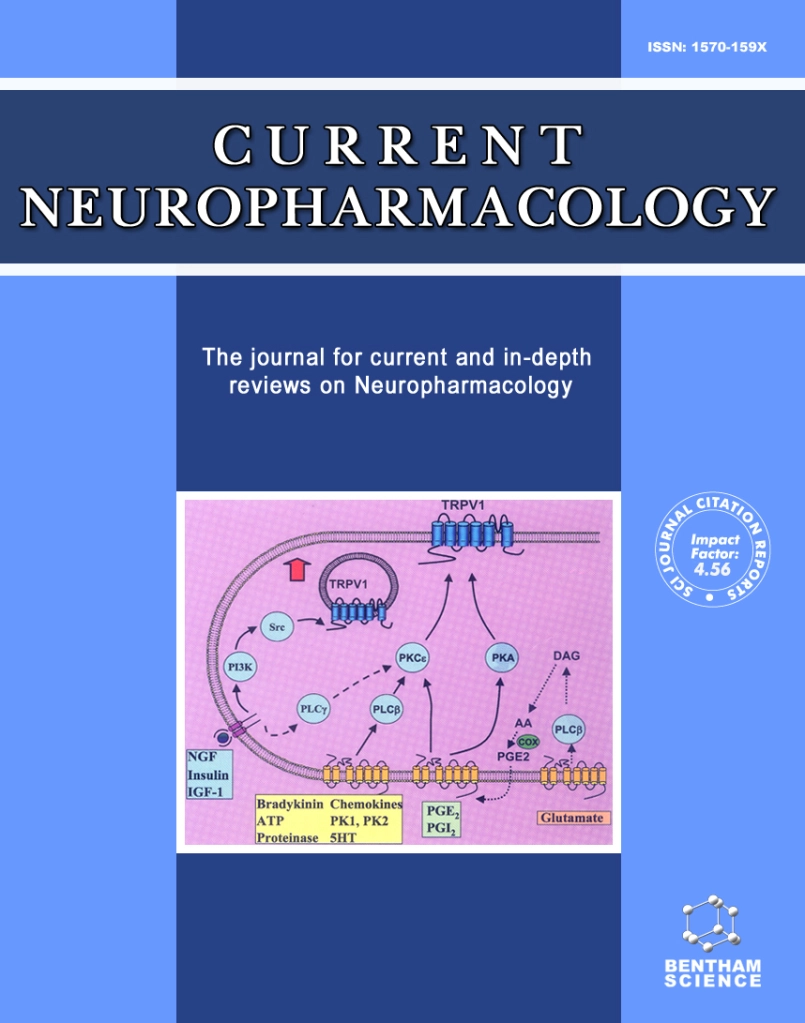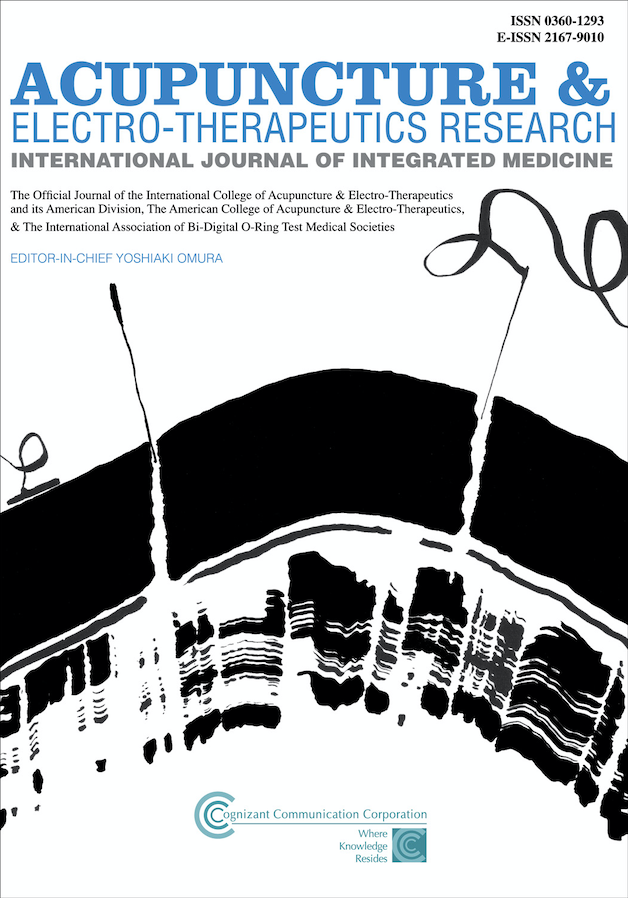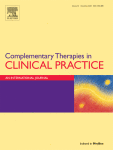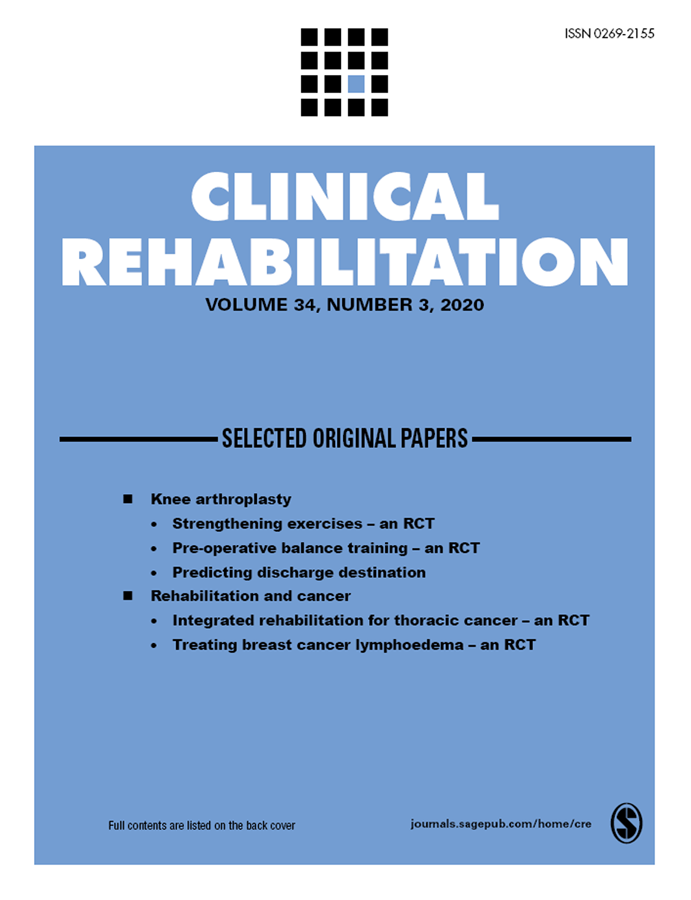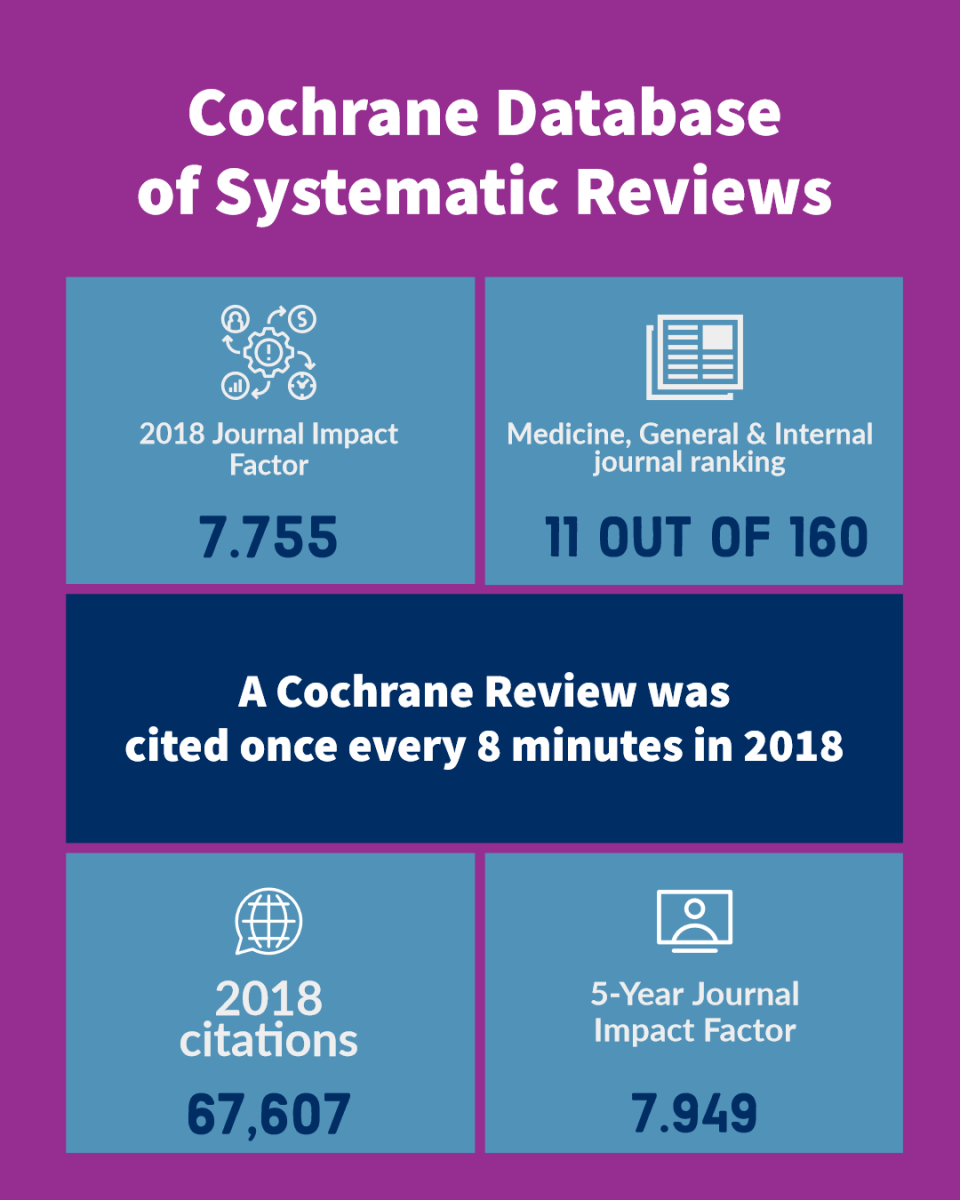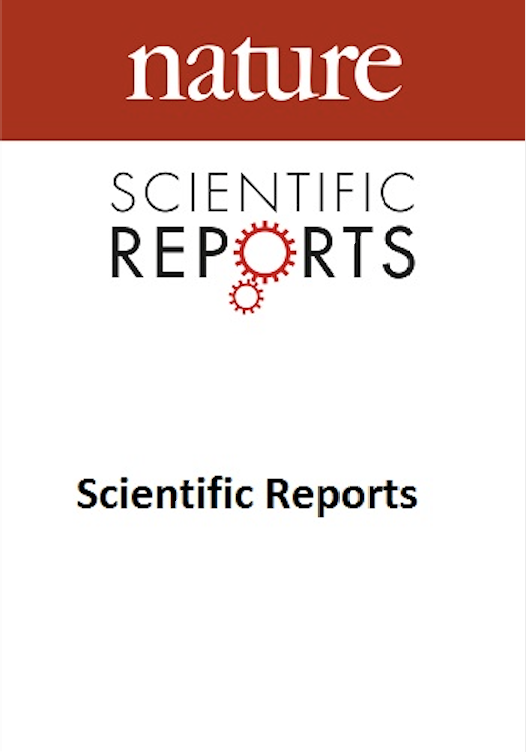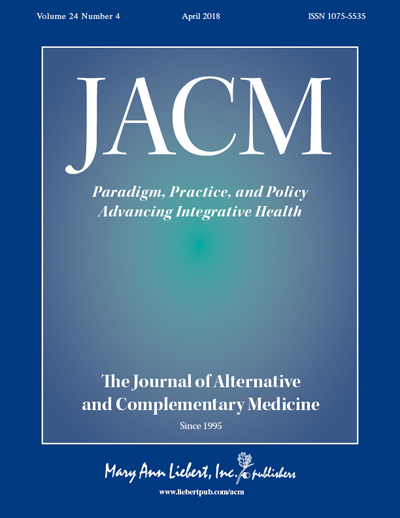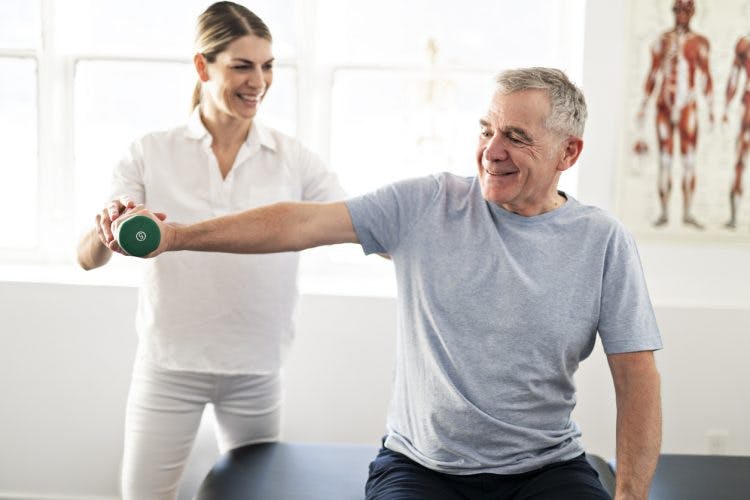
Acupuncture for Stroke Rehabilitation.
Acupuncture has been used in stroke recovery in Eastern countries from ancient times. There is now a convincing body of research on the beneficial effect of adjunct acupuncture treatment on aspects of poststroke recovery including dysphagia, poststroke pain syndrome and spasticity.
Furthermore, there is emerging evidence in the areas of motor recovery, insomnia, cognitive impairment and depression.
What does the research say?
The following insights are obtained from systematic reviews and analysis of clinical trials investigating the efficacy of Chinese medicine and acupuncture for stroke rehabilitation.
2022 Evidence-Based Complementary and Alternative Medicine
Meta-analysis has strong implications of the effectiveness of tongue acupuncture, especially when combined with conventional therapies, in treating poststroke aphasia. This holistic approach demonstrates significant improvements in patient outcomes.
Meta-analysis showed significant heterogeneity in ABC scores, with tongue acupuncture combined with conventional therapies proving more effective. Clinical efficacy also favored tongue acupuncture combined with conventional therapies. CFCP scores showed significant improvement with tongue acupuncture, especially when combined with conventional therapies.
Tongue Acupuncture for the Treatment of Poststroke Aphasia: A Systematic Review and Meta-Analysis Yang S, Li L, Jiang R, Ding H, Xu F, Ge L, Kuang P, Wang Z
2022 Current Neuropharmacology
Acupuncture could help manage different types of depression by increasing neuroplasticity, decreasing brain inflammation, and reducing side effects of conventional antidepressant treatment.
The study under review examines the possible mechanisms and clinical effectiveness of acupuncture in the treatment of different forms of depression. To do this, the researchers examined existing studies and evidence involving both human patients and animal models. A significant aspect of the investigation involved assessing how acupuncture influences neuroplasticity within the hippocampus and neural networks, along with probing the role of this non-pharmaceutical therapy in modulating brain inflammation, which had potential implications for alleviating depressive disorders.
The discussions of the results indicated that acupuncture showed considerable promise in the relief of primary depression, especially in milder cases. It was also found useful in the management of post-stroke depression, pain-related depression, and post-partum depression. The study noted positive outcomes both when acupuncture was offered as a stand-alone treatment, and when combined with conventional pharmacological treatments. It was observed that the combination of acupuncture and anti-depressant drugs not only improved primary and secondary depressive symptoms but also managed to reduce the side-effects often associated with medication regimens, which are frequent contributors to high dropout rates in pharmacological treatments.
Potential Mechanisms and Clinical Effectiveness of Acupuncture in Depression Yang NN, Lin LL, Li YJ, Li HP, Cao Y, Tan CX, Hao XW, Ma SM, Wang L, Liu CZ
2021 Evidence-Based Complementary and Alternative Medicine
Acupuncture combined with rehabilitation was more effective in improving the motor function and the ability of daily living.
The mechanism for the effects of acupuncture in the improvement of motor function and activity of daily life may be explained by two reasons. First, acupuncture can directly enhance the motor function and daily life of stroke patients. Acupuncture has been shown to lead to a higher improvement in motor function than conventional treatment. Acupuncture when combined with rehabilitation may have a positive effect on motor function, activity of daily life, neurological deficits, and spasticity. Indeed, the meta-analysis concluded that no matter what kind of acupuncture therapy was combined with rehabilitation, it was better than the rehabilitation group when it came to significantly improving the activity of daily life of patients after ischaemic stroke.
Second, acupuncture may indirectly improve the motor function and daily living ability of stroke patients by improving the symptoms of unilateral neglect and making them aware of their limbs. Acupuncture points may be the more intensive parts of the sensory organs that produce needle sensation. Acupuncture sensation is continuously transmitted to the central nervous system through the peripheral receptors of acupuncture point of contact, which facilitates new cognitive neural pathways for effective information, processing, and analysis, which may be one of the mechanisms for improving the perception of an injured hemisphere and alleviating the symptoms of unilateral neglect in patients.
Acupuncture plus Rehabilitation for Unilateral Neglect after Stroke: A Systematic Review and Meta-Analysis Hou, Y., Liu, Y., Li, M., Ning, B., Wen, Z., & Fu, W.
2021 Acupuncture & Electro-Therapeutics Research
Compared with conventional treatment, acupuncture as an adjuvant therapy can significantly reduce the incidence of post-stroke fatigue.
A total of 6 RCTs were included in this study, including 426 cases (213 cases in the treatment group and 213 cases in the control group).
Our systematic review and meta-analysis suggests that acupuncture combined with conventional rehabilitation therapy is an effective therapy for patients suffering from post-stroke fatigue, which is suitable for clinical promotion and use. However, due to methodological weakness and limited number of RCTs, the results should be interpreted cautiously. Further clinical trials with large sample sizes and a rigorous design are needed.
Acupuncture for the Adjunctive Therapy of Post-stoke Fatigue: A Systematic Review and Meta-analysis Chen Y, Peng M, Li Y
2021 Evidence-Based Complementary and Alternative Medicine
Acupuncture, when combined with other treatments, is an effective therapy for treating swallowing difficulties experienced after a stroke.
In the methodology used for this study, the researchers examined various English and Chinese databases up to March 2020, focusing on randomized controlled trials that used acupuncture or combined acupuncture with other treatments to help stroke patients with dysphagia. Two authors independently assessed and extracted the data. For quality control, the bias risk assessment tool recommended by the Cochrane Collaboration was used to assess each selected study. The researchers then conducted a meta-analysis using RevMan 5.3 software and calculated pooled analyses by the mean difference.
Results showed that when compared to a control group, patients who underwent acupuncture combined with other treatments experienced an improvement in their ability to swallow as measured by different scales and tests. No serious adverse effects were reported in the studies, indicating that acupuncture is not only effective but also safe as a treatment method for dysphagia following stroke.
The Effectiveness of Acupuncture for Dysphagia after Stroke: A Systematic Review and Meta-Analysis Zhong, L., Wang, J., Li, F., Bao, X., Liu, H., & Wang, P.
2020 Complementary Therapies in Clinical Practice
This review discovered that acupuncture might be a safe and effective adjuvant therapy for individuals with poststroke spastic hemiplegia.
Researchers retrieved 2452 articles in total, after screening, thirty-eight studies with 2628 participants of were included. In this meta-analysis, twenty-seven trials revealed that acupuncture therapy was associated with an increase in FMA scores compared with rehabilitation training (RT).
Acupuncture therapy for poststroke spastic hemiplegia: A systematic review and meta-analysis of randomized controlled trials Fan W, Kuang X, Hu J, Chen X, Yi W, Lu L, Xu N, Wang L.
2020 Acupuncture in Medicine
Acupuncture combined with antidepressants showed a more favourable effect on the treatment of post-stroke depression than antidepressants alone.
Thirteen randomized controlled trials (RCTs) involving 904 participants were included in the study. The results of this meta-analysis showed that, compared with antidepressants alone, acupuncture combined with antidepressants led to a significant decrease in the HAMD score, had a better effective rate and lower National Institutes of Health Stroke Scale (NIHSS) scores, and led to a significant increase in the Barthel index scores.
Does acupuncture combined with antidepressants have a better therapeutic effect on post-stroke depression? A systematic review and meta-analysis Kun Zhang, Guangwei Cui, Yuan Gao, Weidong Shen
2018 Acupuncture in Medicine
Acupuncture in combination with rehabilitation may have benefits for the treatment of acute and subacute stroke sequelae in comparison with rehabilitation alone.
A systematic review was carried out. A search was conducted in March 2014 using PubMed, Medline, the Cochrane Library, Chinese National Knowledge Infrastructure database (CNKI) and Wanfang databases. English and Chinese language articles published within 10 years of the search were reviewed for inclusion. Randomised control trials comparing combined treatment with acupuncture and rehabilitation and rehabilitation alone in patients with acute or subacute stroke (onset until 3 months after stroke) were included in this review. Three review authors independently checked the titles and abstracts of trials for inclusion based on selection criteria. Studies measuring changes of motor function, activities of daily living, neurological deficit or spasticity/range of motion during the treatment period and at the end of follow-up were included.
17 trials met the inclusion criteria, of which five were of good quality. 14 trials had results favourable to acupuncture combined with rehabilitation, compared with conventional rehabilitation treatment alone.
Effectiveness of Acupuncture Combined with Rehabilitation for Treatment of Acute Or Subacute Stroke: A Systematic Review Vados, L., Ferreira, A., Zhao, S., Vercelino, R., & Wang, S.
2018 Clinical Rehabilitation
Current evidence suggests that traditional manual acupuncture integrated with rehabilitation therapy is more effective in alleviating pain, improving limb movement and activities of daily living.
A total of 20 studies involving 1918 participants were included in this study. Compared to rehabilitation therapy alone, the combined therapy significantly reduced pain on the visual analogue scale and improved limb movement on the Fugl–Meyer Assessment scale and the performance of activities of daily living (ADL) on the Barthel Index scale or Modified Barthel Index scale. Of these, the visual analogue scale score changes were significantly higher favoring the combined therapy after treatment, with severe heterogeneity.
Traditional manual acupuncture combined with rehabilitation therapy for shoulder hand syndrome after stroke within the Chinese healthcare system: a systematic review and meta-analysis Peng, L., Zhang, C., Zhou, L., Zuo, H. X., He, X. K., & Niu, Y. M. (
2018 BMC Complementary Medicine and Therapies
Chai Hu Shu Gan San (a traditional Chinese Medicine) is a promising in treating depression, especially in post-stroke and postpartum cases.
The review assessed the efficacy of Chai Hu Shu Gan San, a traditional Chinese medicine, in treating depression. Out of 560 initial studies, 42 trials met inclusion criteria. These studies were conducted in China from 2006 to 2016, involving 3234 patients with depression. Chai Hu Shu Gan San demonstrated better efficacy compared to controls, especially in post-stroke and postpartum depression. However, the methodological quality of the included studies was assessed as low, with high risks of bias. While Chai Hu Shu Gan San showed promise, further rigorously designed randomized controlled trials are needed for a conclusive evaluation of its safety and efficacy in treating depression.
Treatment of depression with Chai Hu Shu Gan San: a systematic review and meta-analysis of 42 randomized controlled trials Sun Y, Xu X, Zhang J, Chen Y
2016 Cochrane Database of Systematic Reviews
Acupuncture may have beneficial effects on improving dependency, global neurological deficiency, and some specific neurological impairments for people with stroke in the convalescent stage, with no obvious serious adverse events.
Although acupuncture may have positive effects in stroke rehabilitation and there were no reported serious adverse events, the small number of low quality studies and the probability of publication bias means that there was insufficient evidence to support the routine use of acupuncture for people with subacute or chronic stroke.
Acupuncture for stroke rehabilitation Yang A, Wu HM, Tang JL, Xu L, Yang M, Liu GJ.
2016 BMC Complementary Medicine and Therapies
Our results suggest that acupuncture could be effective for treating insomnia after stroke.
A total of 165 studies were identified; 13 RCTs met our inclusion criteria. Meta-analysis showed that acupuncture appeared to be more effective than drugs for treatment of insomnia after stroke, as assessed by the PSQI and by the efficacy standards of Chinese medicine. Intradermal acupuncture had significant effects compared with sham acupuncture, as assessed by the ISI and the AIS.
Acupuncture for insomnia after stroke: a systematic review and meta-analysis Lee SH, Lim SM
2016 Scientific Reports
Acupuncture is a prospective therapy targeting neurogenesis for ischemic stroke.
Our findings indicate that acupuncture ameliorates neurological deficits and reduces brain edema in experimental ischemic stroke and the mechanisms positively correlate with endogenous neurogenesis, in which acupuncture therapy can promote the proliferation, migration and differentiation of NSCs.
Acupuncture for neurogenesis in experimental ischemic stroke: a systematic review and meta-analysis Lu, L., Zhang, Xg., Zhong, L. et al.
2016 Evidence-Based Complementary and Alternative Medicine
Acupuncture, in combination with regular rehabilitation, may effectively alleviate poststroke shoulder pain more than rehabilitation alone.
The study utilized seven databases to find existing research studies concerning the use of acupuncture in relieving poststroke shoulder pain, with no language limitations imposed on the search. The primary focus was on randomized controlled trials that compared the impact of acupuncture with conventional controls. The Visual Analogue Scale (VAS) and Fugl-Meyer Assessment (FMA) were primarily used to measure the extent of the pain and effectiveness of the treatments.
The results of the analysis of these studies suggested a definitive trend indicating the adoption of acupuncture alongside regular rehabilitation treatment enhanced the remedial effect on poststroke shoulder pain. The reduction in pain as reported by the VAS, improvements in the FMA, and overall efficacy rates showed a marked improvement when acupuncture was incorporated with the standard rehabilitation treatments when compared to those treatments on their own. However, the study does acknowledge that while the results point towards the effectiveness of acupuncture, the results should be interpreted with caution.
Acupuncture for Poststroke Shoulder Pain: A Systematic Review and Meta-Analysis Lee, S.-H., & Lim, S. M.
2012 The Journal of Alternative and Complementary Medicine
Acupuncture combined with exercise is effective for shoulder pain after stroke.
It was found in this review of reported RCTs that acupuncture is an effective treatment for shoulder pain after stroke. Acupuncture can be considered as an adjuvant therapy in combination with exercise for rehabilitation of the stroke patients who are suffering from shoulder pain. Further trials concerning this topic should be conducted according to the highest methodological standards for certainty.
Acupuncture for Shoulder Pain After Stroke: A Systematic Review Jung Ah Lee, Si-Woon Park, Pil Woo Hwang, Sung Min Lim, Sejeong Kook, Kyung In Choi, and Kyoung Sook Kang.
Consult with our practitioners for personalised care and advice.
Although well-conducted clinical research can help members of the public to make better-informed decisions about their healthcare, we cannot claim that any particular treatment may be effective for any individual person.
When you consult with our Chinese medicine practitioners, you'll receive personalised advice and treatment based on your symptoms and Chinese medicine diagnosis.
Scientific References
Browse our collection of scientific clinical research on acupuncture for stroke rehabilitation.
It includes recent and reputable papers published by peer-reviewed journals within the last 10 years.

2022, Oct 03
Tongue Acupuncture for the Treatment of Poststroke Aphasia: A Systematic Review and Meta-Analysis
Evidence-Based Complementary and Alternative Medicine
For the SRs of acupuncture for depression, the selection of ROB assessment tools needs to be optimized. The reporting quality is poor, and the overall ROB of RCTs is high. Therefore, the results may not be reliable.
Yang S, Li L, Jiang R, Ding H, Xu F, Ge L, Kuang P, Wang Z Full Article

2022, Apr
Potential Mechanisms and Clinical Effectiveness of Acupuncture in Depression
Current Neuropharmacology
In summary, substantial evidence from animal and human researches supported the beneficial effect of acupuncture in depression.
Yang NN, Lin LL, Li YJ, Li HP, Cao Y, Tan CX, Hao XW, Ma SM, Wang L, Liu CZ Full Article

2021, Jan
Acupuncture plus Rehabilitation for Unilateral Neglect after Stroke: A Systematic Review and Meta-Analysis
Evidence-Based Complementary and Alternative Medicine
This academic article showed that acupuncture treatments when combined with rehabilitation have a positive effect on motor function, activity of daily life, neurological deficits, and spasticity. Patients are more aware of their limbs and improved symptoms of unilateral neglect.
Hou, Y., Liu, Y., Li, M., Ning, B., Wen, Z., & Fu, W. Full Article

2021, Dec 28
Acupuncture for the Adjunctive Therapy of Post-stoke Fatigue: A Systematic Review and Meta-analysis
Acupuncture & Electro-Therapeutics Research
Our systematic review and meta-analysis suggests that acupuncture combined with conventional rehabilitation therapy is an effective therapy for patients suffering from post-stroke fatigue, which is suitable for clinical promotion and use.
Chen Y, Peng M, Li Y Full Article

2021, Jan 19
The Effectiveness of Acupuncture for Dysphagia after Stroke: A Systematic Review and Meta-Analysis
Evidence-Based Complementary and Alternative Medicine
This systematic review indicated that acupuncture could be an effective therapy for treating dysphagia after stroke, although stricter evaluation standards and rigorously designed randomised controlled trials are needed.
Zhong, L., Wang, J., Li, F., Bao, X., Liu, H., & Wang, P. Full Article

2020, Aug
Acupuncture therapy for poststroke spastic hemiplegia: A systematic review and meta-analysis of randomized controlled trials
Complementary Therapies in Clinical Practice
The study analysed 38 clinical trials with 2628 participants with high efficacy of acupuncture in recovery for post stroke spastic hemiplegia. Patients showed improvements of motor functioning, balance, sensation and joint functions. They also reported to have better performances to activities of life, after including acupuncture treatments with rehabilitation training.
Fan W, Kuang X, Hu J, Chen X, Yi W, Lu L, Xu N, Wang L. Full Article

2020, Dec 17
Does acupuncture combined with antidepressants have a better therapeutic effect on post-stroke depression? A systematic review and meta-analysis
Acupuncture in Medicine British Medical Acupuncture Society
Acupuncture combined with antidepressants showed a more favourable effect on the treatment of PSD than antidepressants alone. However, given the limited methodological quality, more high-quality RCTs conducted based on the Consolidated Standards of Reporting Trials (CONSORT) and Standards for Reporting Interventions in Clinical Trials of Acupuncture (STRICTA) guidelines are necessary.
Kun Zhang, Guangwei Cui, Yuan Gao, Weidong Shen Full Article

2018, Dec 12
Effectiveness of Acupuncture Combined with Rehabilitation for Treatment of Acute Or Subacute Stroke: A Systematic Review
Acupuncture in Medicine British Medical Acupuncture Society
This clinical systematic review analysed 17 acupuncture trials which demonstrated the treatments to be highly effective. Stroke recovery is higher with acupuncture treatments compared with rehabilitation alone.
Vados, L., Ferreira, A., Zhao, S., Vercelino, R., & Wang, S. Full Article

2018, Apr
Traditional manual acupuncture combined with rehabilitation therapy for shoulder hand syndrome after stroke within the Chinese healthcare system: a systematic review and meta-analysis
Clinical Rehabilitation
This academic journal demonstrated that acupuncture is highly effective in alleviating pain when combined with rehabilitation therapy. Patients increased performance levels on stroke-specific assessments and improved on daily life activities.
Peng, L., Zhang, C., Zhou, L., Zuo, H. X., He, X. K., & Niu, Y. M. ( Full Article

2018, Feb 17
Treatment of depression with Chai Hu Shu Gan San: a systematic review and meta-analysis of 42 randomized controlled trials
BMC Complementary Medicine and Therapies
This review found that Chai Hu Shu Gan San has some advantages in treating depression, especially post-stroke depression and post-partum depression.
Sun Y, Xu X, Zhang J, Chen Y Full Article

2016, Aug 26
Acupuncture for stroke rehabilitation
Cochrane Database of Systematic Reviews Cochrane
This research article showcased that acupuncture treatments have beneficial effects on improving dependency, motor and cognitive functions , with no obvious serious adverse events. The clinical trials also evaluated improvements on reduction of pain and spasticity and increased sleep quality and mental health.
Yang A, Wu HM, Tang JL, Xu L, Yang M, Liu GJ. Full Article

2016, Jul 19
Acupuncture for insomnia after stroke: a systematic review and meta-analysis
BMC Complementary Medicine and Therapies
This clinical article showed high efficacy of acupuncture in treating insomnia post-stroke. Patients mainly experienced hyperactivities of sympathetic nervous system which resulted in disturb sleep patterns. Acupuncture reduced other post-stroke insomnia symptoms such as anxiety, depression and side effects from antipsychotic drugs. It was effective improving overall quality of sleep and lifestyle.
Lee SH, Lim SM Full Article

2016, Jan 20
Acupuncture for neurogenesis in experimental ischemic stroke: a systematic review and meta-analysis
Scientific Reports
This systematic review found that acupuncture improved neurological deficits and reduced brain edema in experimental ischemia. Patients under the acupuncture group have enhanced Neurological function score with increased endogenous neurogenesis.
Lu, L., Zhang, Xg., Zhong, L. et al. Full Article

2016, Jul 31
Acupuncture for Poststroke Shoulder Pain: A Systematic Review and Meta-Analysis
Evidence-Based Complementary and Alternative Medicine
This review shows positive results in the combined treatment of acupuncture and rehabilitation. However, further studies with more subjects and a rigorous study design are needed to confirm the role of acupuncture in treating poststroke shoulder pain.
Lee, S.-H., & Lim, S. M. Full Article

2012, Sep
Acupuncture for Shoulder Pain After Stroke: A Systematic Review
The Journal of Alternative and Complementary Medicine Society for Acupuncture Research
This systematic review proved that acupuncture combined with exercise is effective for shoulder pain after stroke. Patients showed improvements with axillary nerve pain, spasticity of shoulder muscles and mobility of rotator cuff muscles.
Jung Ah Lee, Si-Woon Park, Pil Woo Hwang, Sung Min Lim, Sejeong Kook, Kyung In Choi, and Kyoung Sook Kang. Full Article
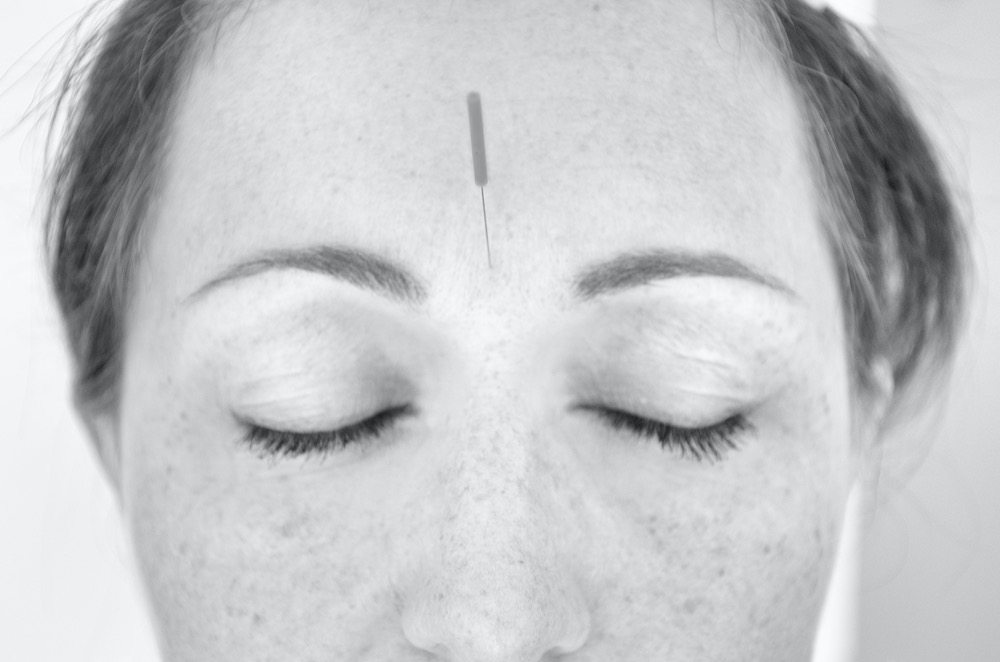
“It is by virtue of the twelve channels that human life exists, that disease arises, that human beings can be treated and illness cured. The twelve channels are where beginners start and masters end.” The Classic of Acupuncture
Circa 1st Century BCE

